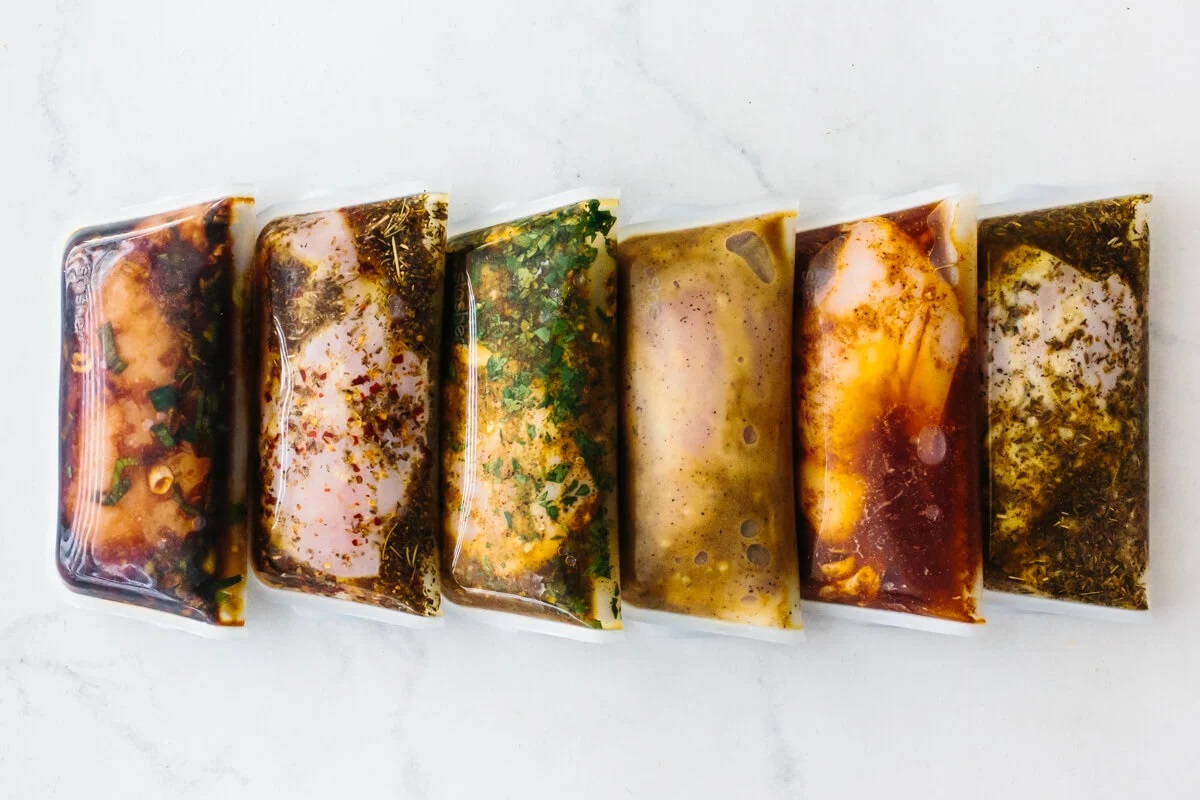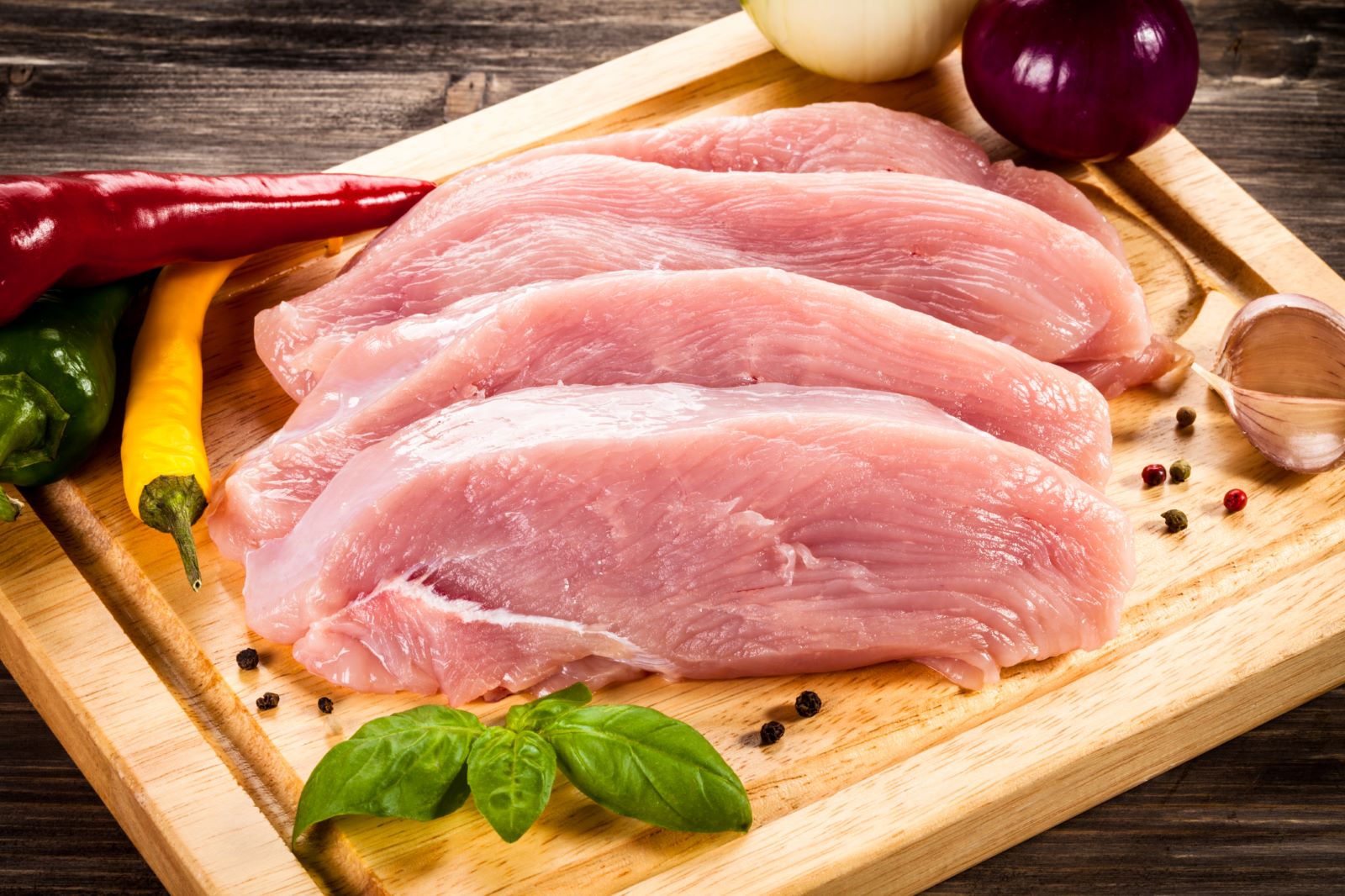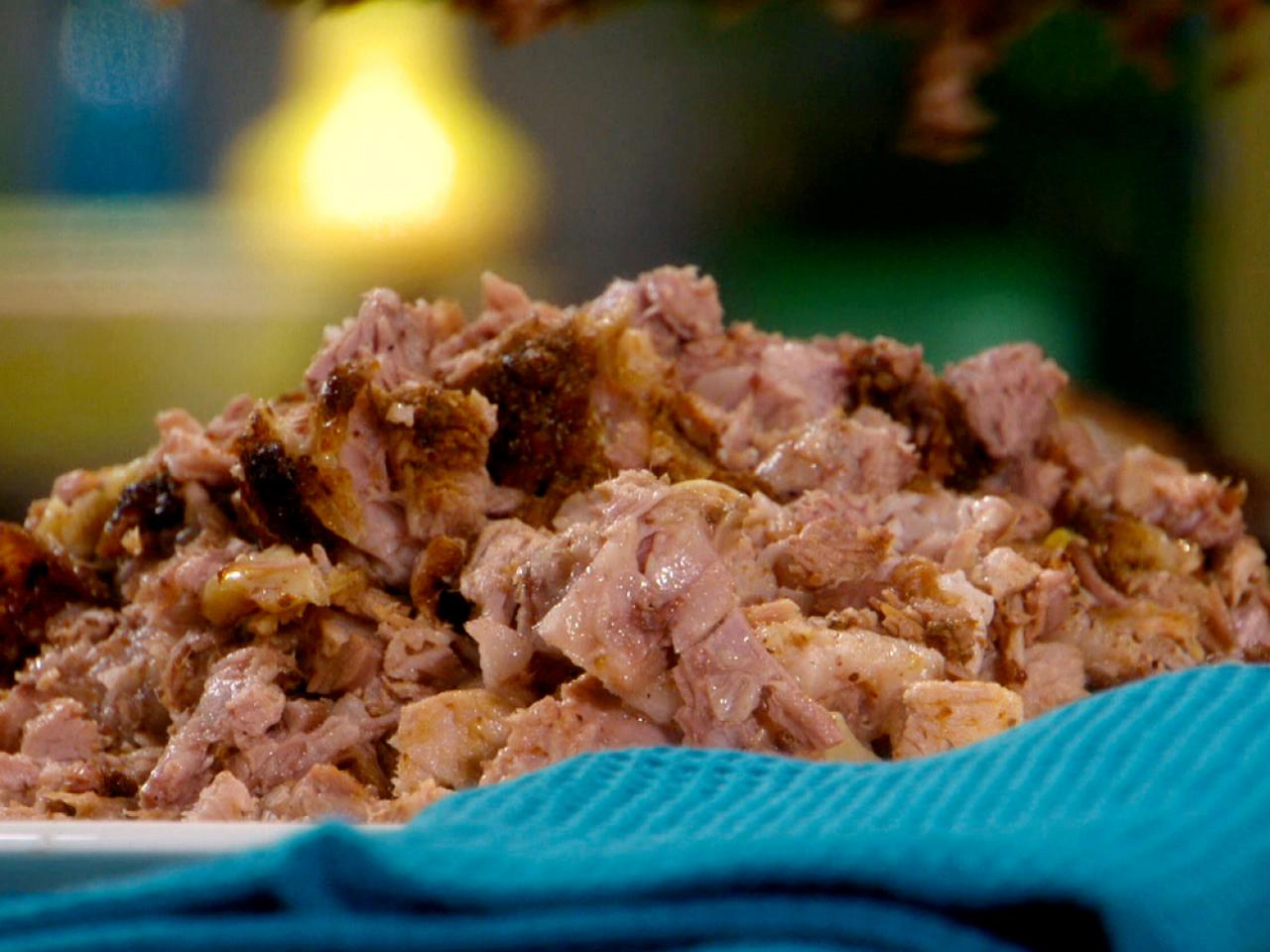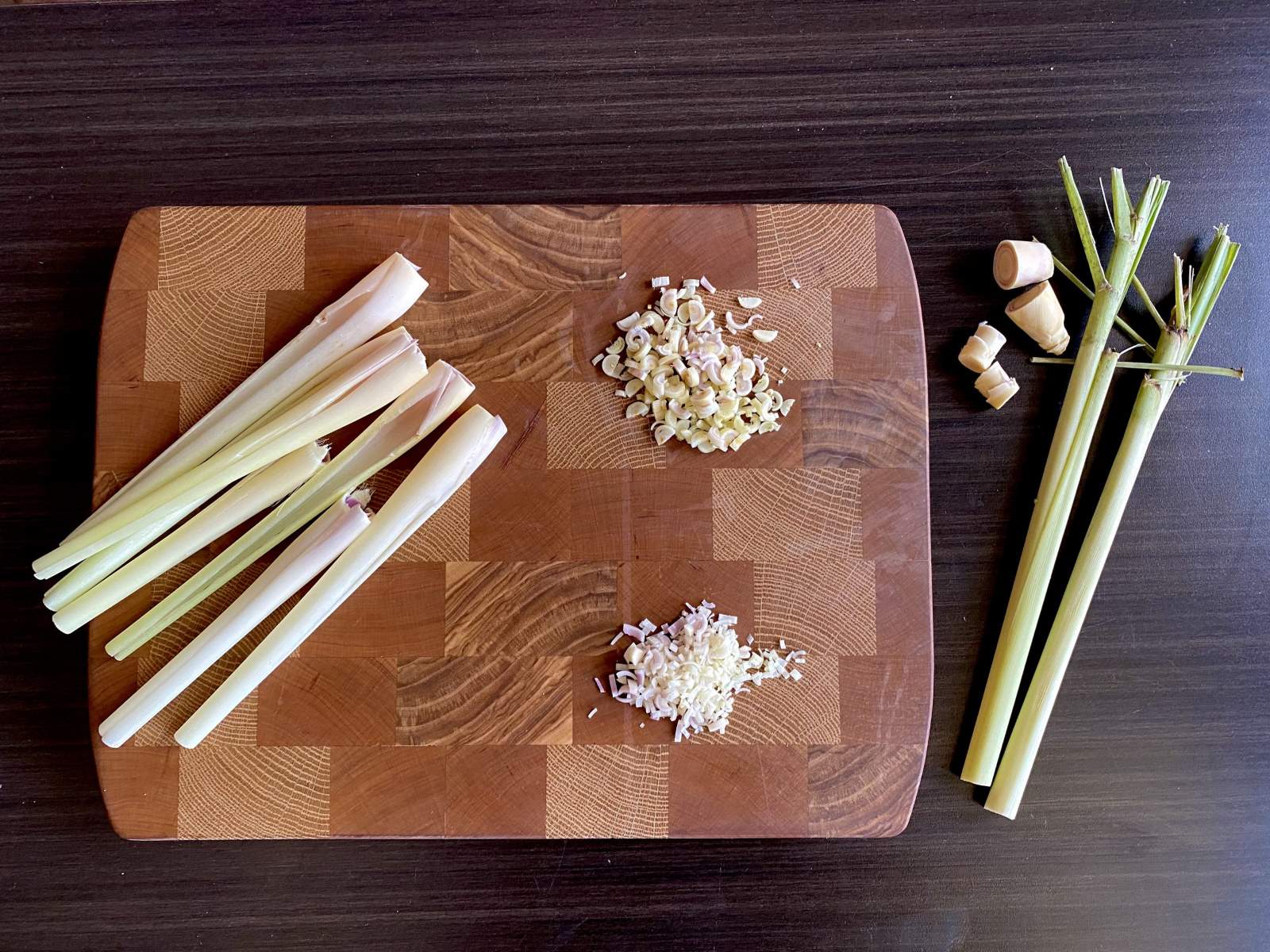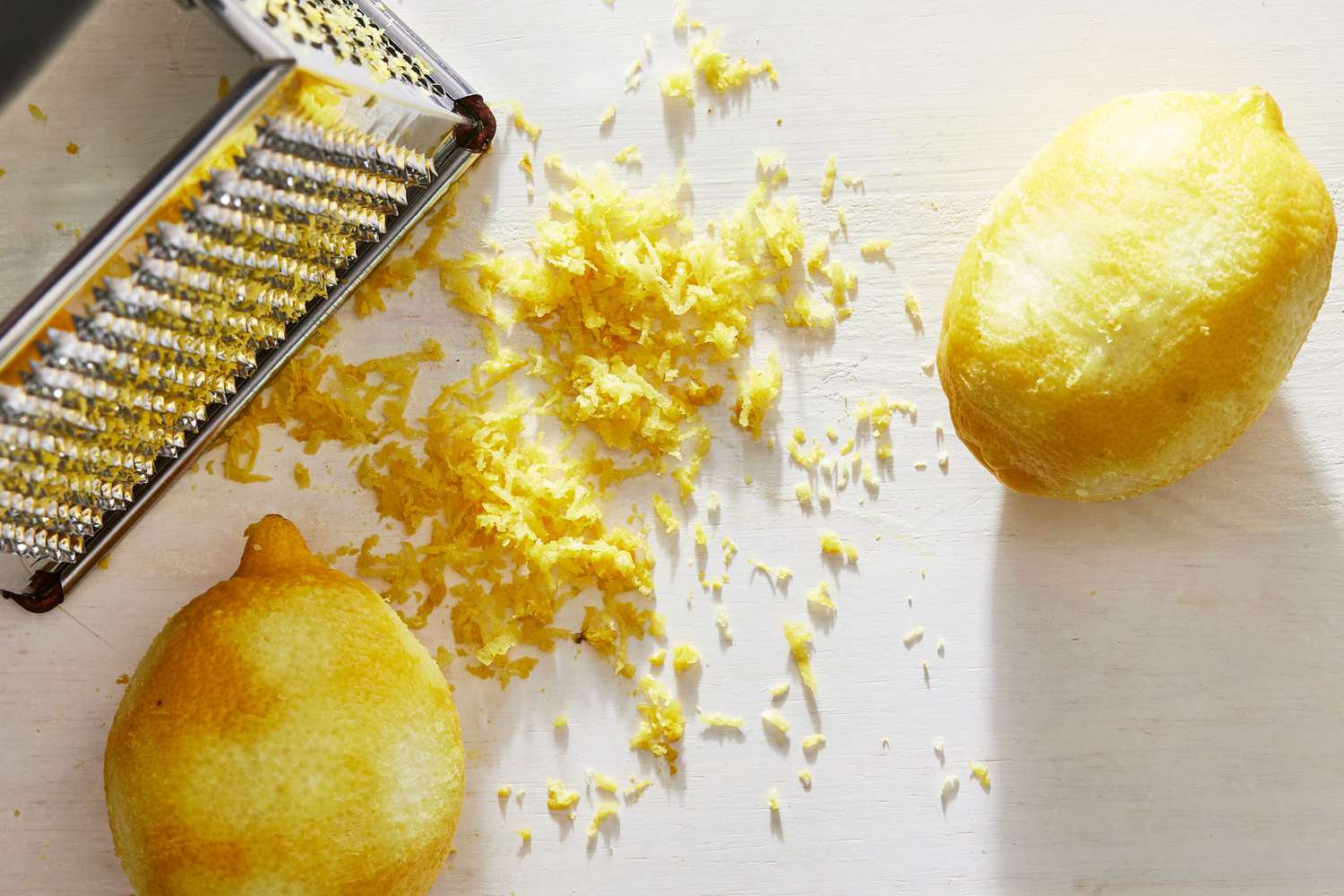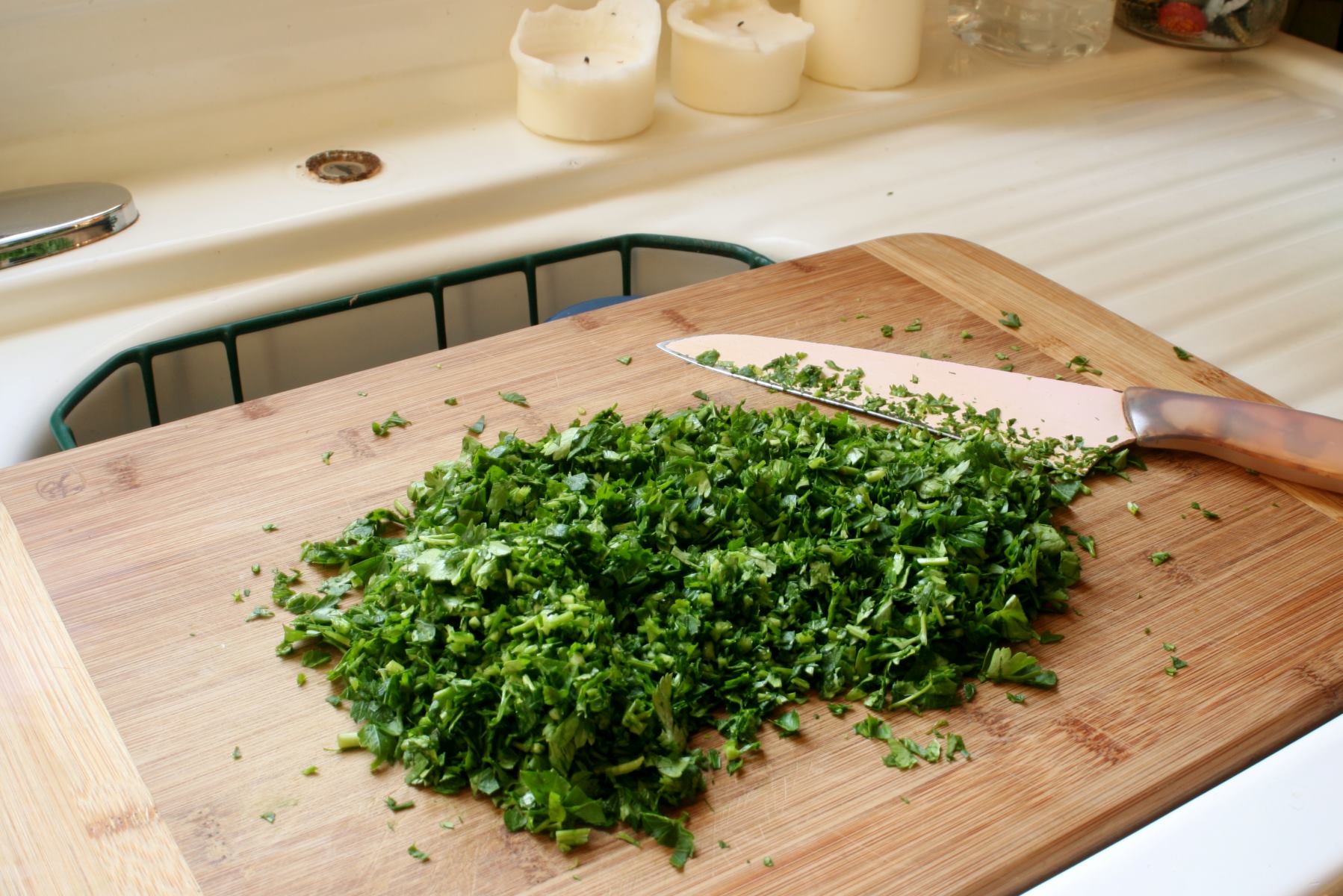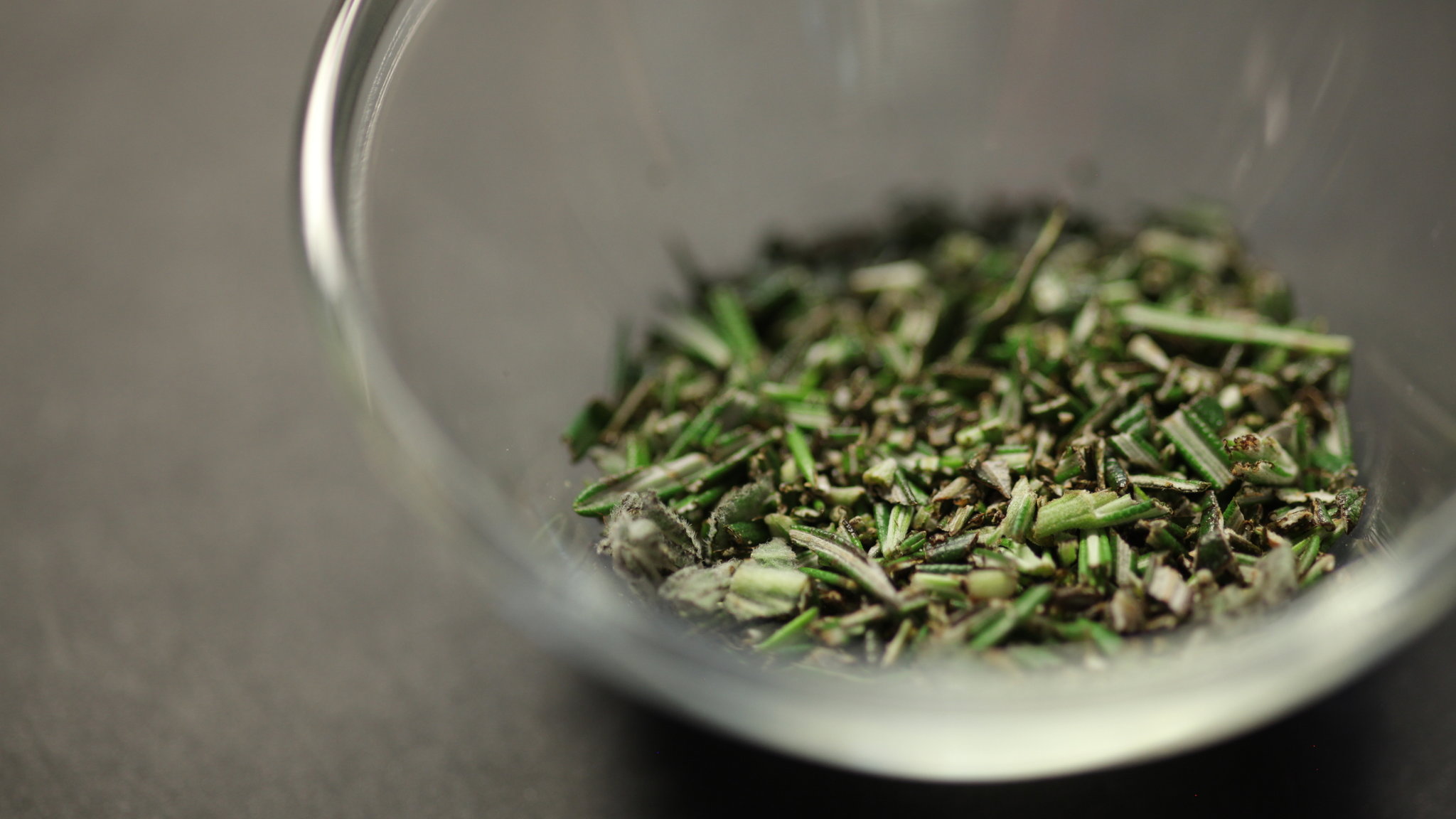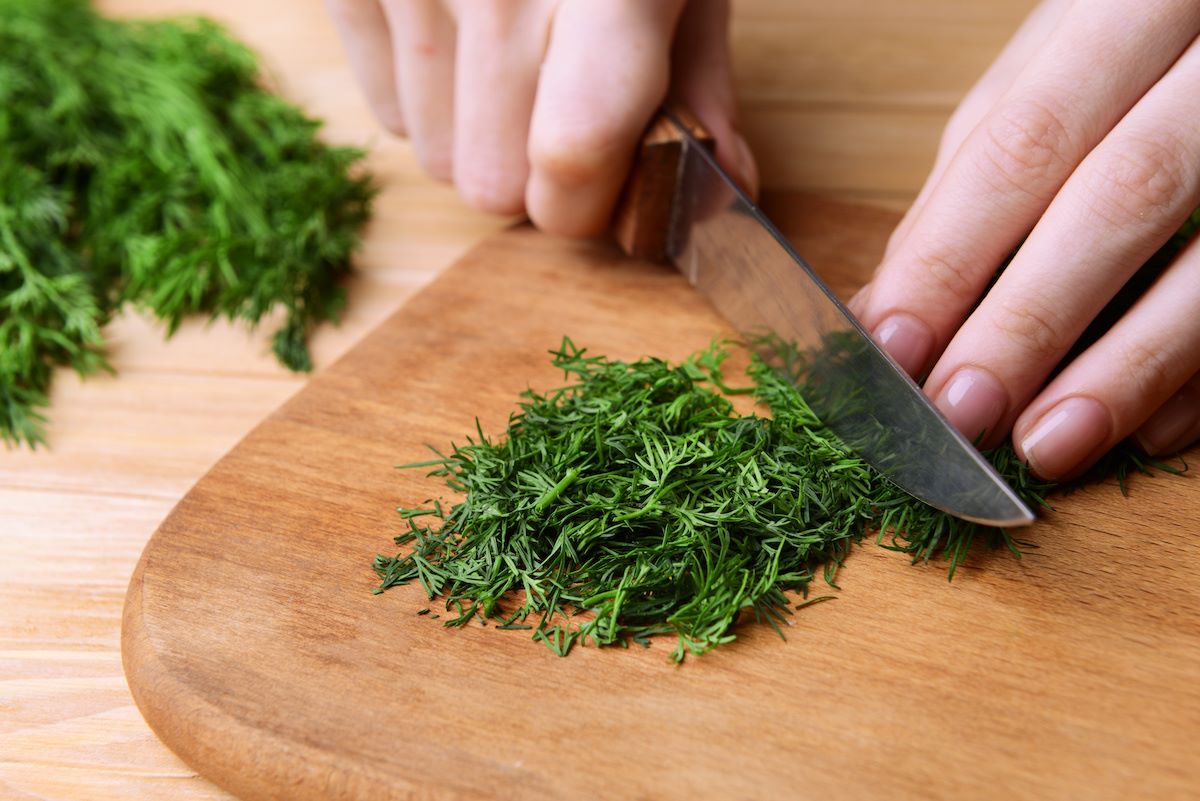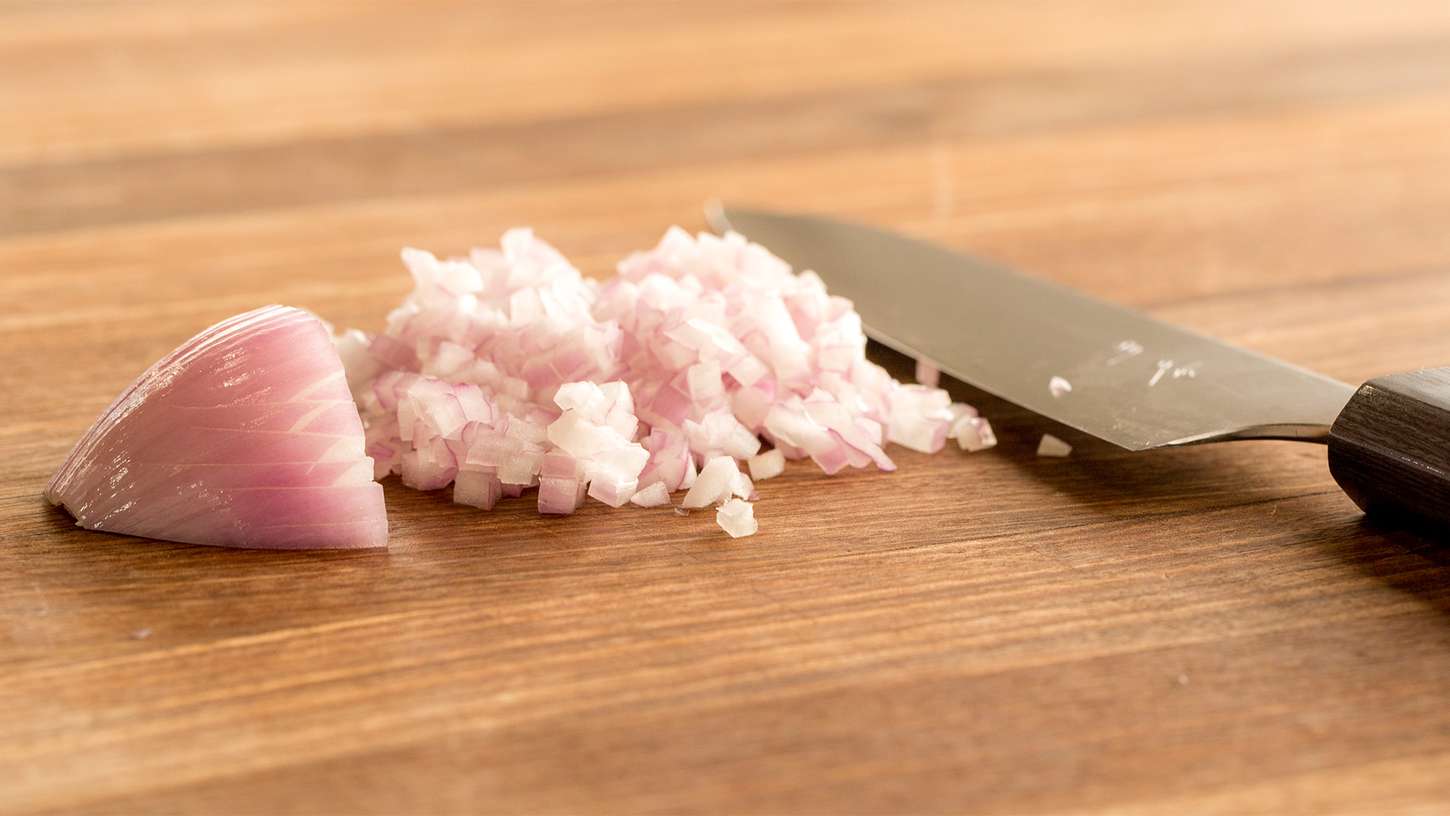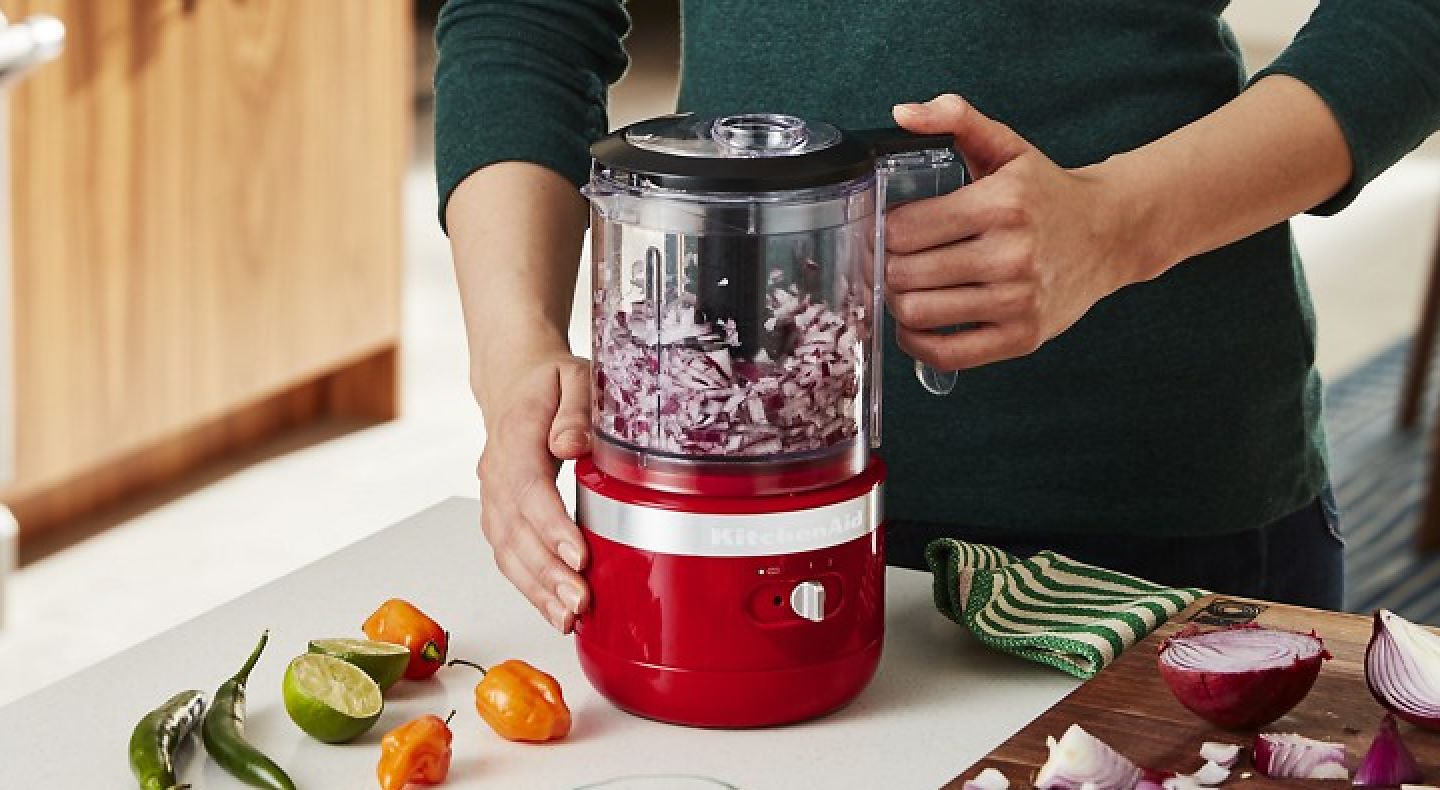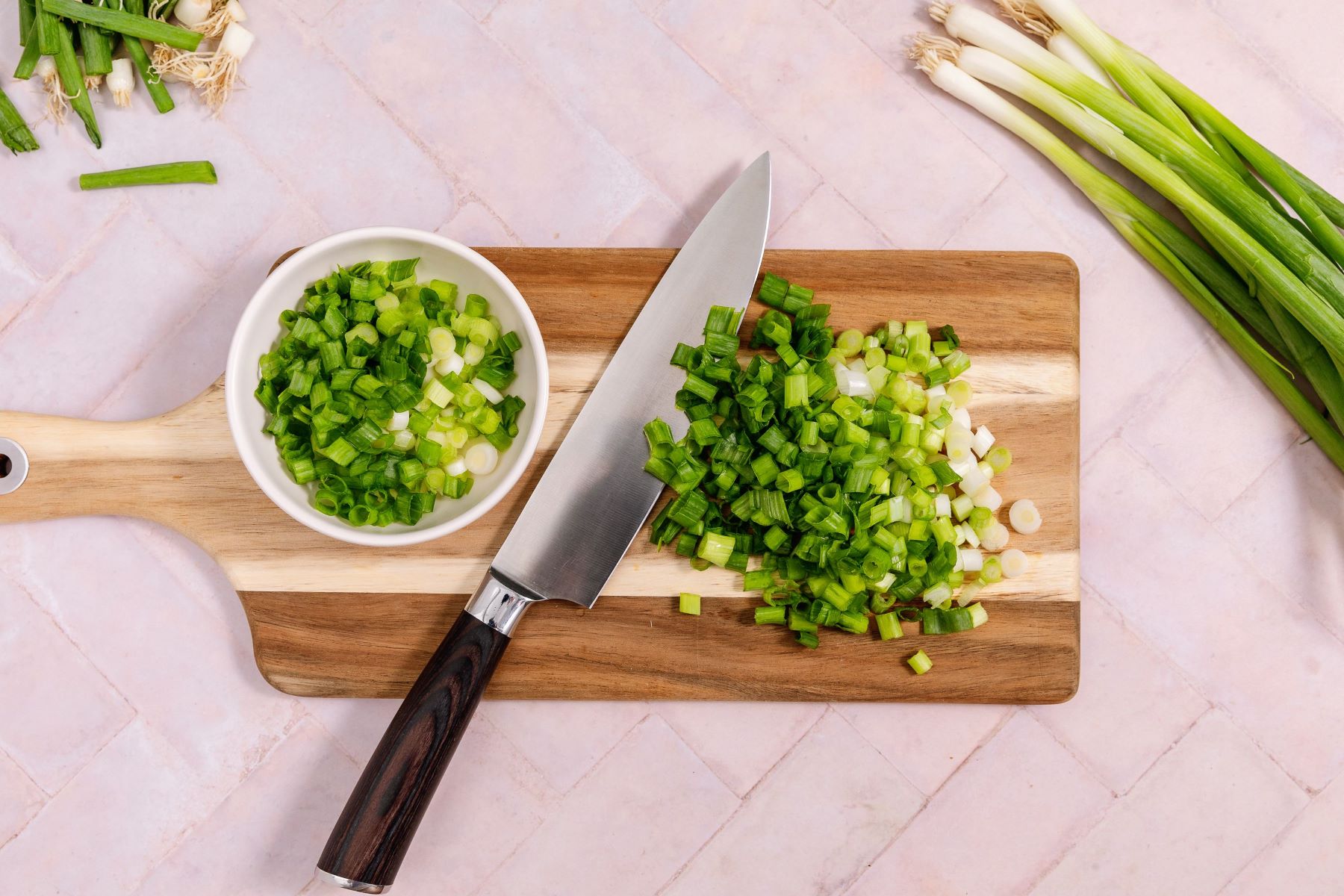Marinating Chicken Breast in Lemon Juice: A Flavorful and Simple Process
Marinating chicken breast in lemon juice is a wonderful way to infuse this lean protein with bright, tangy flavors. Whether you’re grilling, baking, or sautéing your chicken, a lemon juice marinade can elevate its taste and tenderness. In this guide, we’ll explore the steps to marinate chicken breast in lemon juice effectively, ensuring a delicious and juicy result every time.
Ingredients You’ll Need:
To marinate chicken breast in lemon juice, you’ll need the following ingredients:
- Fresh chicken breast
- Freshly squeezed lemon juice
- Extra virgin olive oil
- Minced garlic
- Salt and pepper
- Optional: Herbs such as thyme, rosemary, or parsley
Step-by-Step Instructions:
Follow these simple steps to marinate your chicken breast in lemon juice:
- Start by preparing the marinade. In a bowl, combine the freshly squeezed lemon juice, olive oil, minced garlic, salt, pepper, and any optional herbs you’d like to include. Mix the ingredients thoroughly to ensure an even distribution of flavors.
- Place the chicken breast in a shallow dish or a resealable plastic bag. Ensure that the chicken is arranged in a single layer to allow the marinade to coat it evenly.
- Pour the prepared marinade over the chicken breast, ensuring that it is completely submerged. If using a plastic bag, gently massage the chicken to coat it with the marinade.
- Cover the dish or seal the bag, then place it in the refrigerator. Allow the chicken to marinate for at least 30 minutes, or ideally, for 2-4 hours. Marinating for longer periods can further enhance the flavor and tenderness of the chicken.
- Once the chicken has marinated, it’s ready to be cooked according to your preference. Whether you choose to grill, bake, or sauté the chicken, the lemon juice marinade will impart a delightful citrusy zing to the dish.
Tips for Marinating Chicken Breast in Lemon Juice:
Here are some additional tips to ensure the best results when marinating chicken breast in lemon juice:
- Use freshly squeezed lemon juice for the most vibrant flavor. Bottled lemon juice may lack the freshness and brightness that fresh lemons provide.
- Adjust the amount of garlic, salt, and pepper in the marinade to suit your personal taste preferences.
- Consider adding a touch of sweetness, such as a teaspoon of honey or a sprinkle of brown sugar, to balance the acidity of the lemon juice.
- For added depth of flavor, incorporate additional herbs and spices that complement the citrusy notes of the marinade.
- Ensure that the chicken is fully cooked before serving, with an internal temperature reaching 165°F (74°C) to guarantee safety and optimal texture.
Enjoy the Fresh and Zesty Flavors of Lemon-Marinated Chicken Breast
Marinating chicken breast in lemon juice is a simple yet effective way to enhance its taste and juiciness. With just a few basic ingredients and a little time for the flavors to meld, you can elevate your chicken dishes to new heights. Whether you’re preparing a quick weeknight meal or hosting a gathering, lemon-marinated chicken breast is sure to be a crowd-pleaser. Experiment with different herbs and spices to customize the marinade to your liking, and savor the fresh and zesty flavors that lemon juice brings to your chicken.
For those eager to try their hand at marinating chicken breasts in lemon juice, there are a few standout recipes that truly let these flavors shine. The Lemon Garlic Grilled Chicken Breast is perfect for those who love a zesty and smoky flavor. Those looking for a comforting yet refreshing dish should try the Lemon Herb Baked Chicken Breast, which combines the tang of lemon with aromatic herbs. If you're in the mood for something quick and vibrant, the Lemon Pepper Chicken Stir-Fry offers a delightful peppery kick. For a delightful twist on pasta, the Lemon Garlic Chicken Pasta is a must-try, blending the classic combination of lemon and garlic with al dente pasta. Finally, the Lemon Chicken Piccata is an elegant choice, featuring a tangy lemon sauce that pairs beautifully with capers and chicken. Each of these recipes showcases the versatility of lemon-marinated chicken, making them all worthy of a spot in your culinary repertoire.
